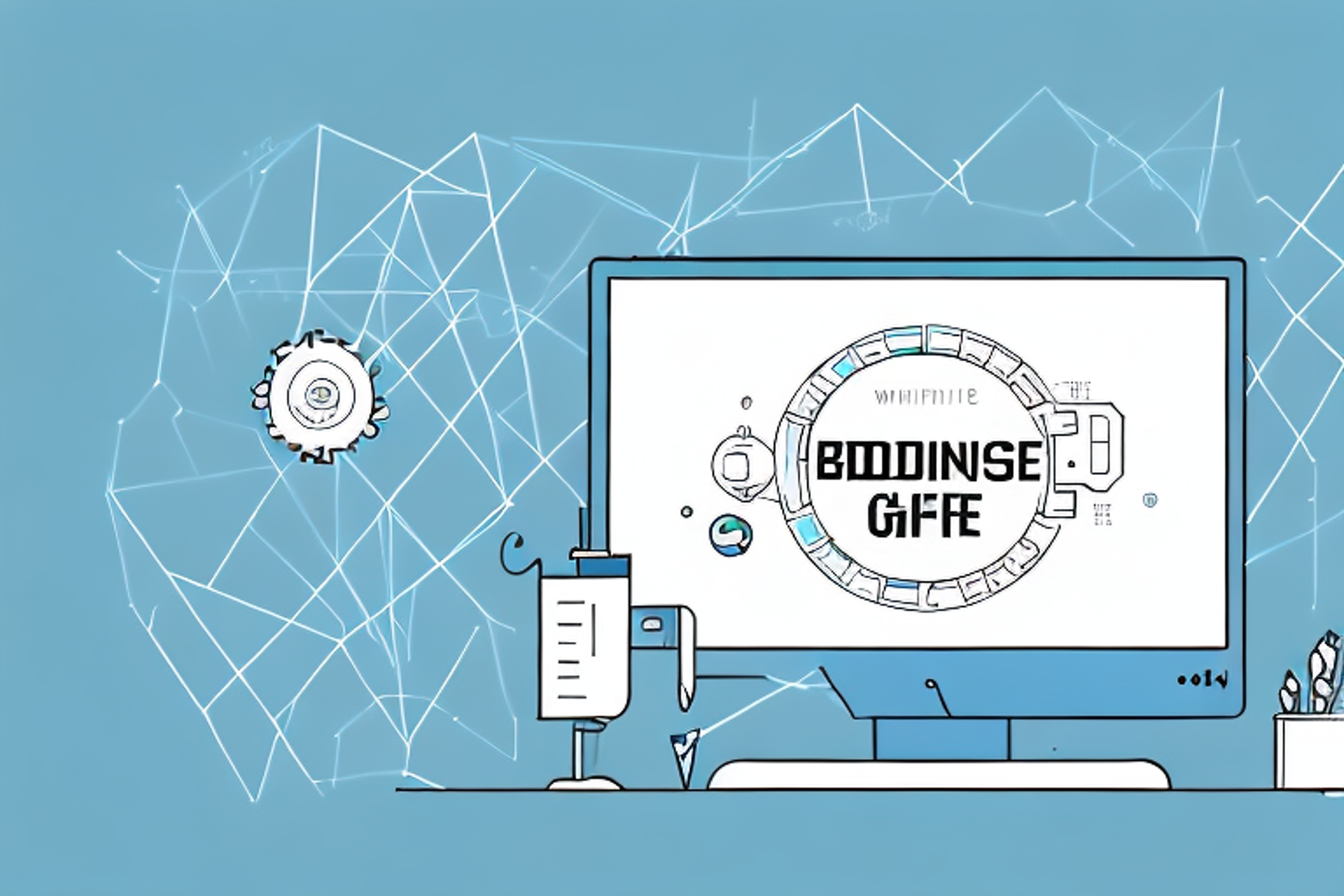Forging Unconventional Pathways: How to Become a Software Engineer Without a Degree
Discover how you can break into the software engineering industry without a degree.
Posted April 10, 2025

Table of Contents
Are you interested in pursuing a career in software engineering but don't have a degree? You may have heard that a degree is necessary to break into the tech industry, but that isn't always the case. There are many paths available for those who are self-taught, attend a boot camp, or pursue online learning. In this article, we'll explore the benefits of pursuing software engineering without a traditional degree and provide tips on how to build the necessary skills and experience to land your dream job.
Why a Degree Isn't Always Necessary for a Career in Software Engineering
Gone are the days when a college degree was the only way to succeed in the tech industry. Many successful software engineers today either don't have a degree or have a degree in an unrelated field. The most important thing when it comes to landing a job in software engineering is having the necessary skills and experience. Companies are increasingly hiring based on skill rather than pedigree.
Furthermore, pursuing a degree in software engineering may not always be the most practical or cost-effective option for everyone. College tuition fees can be exorbitant, and not everyone has the financial means to pursue a degree. Additionally, some individuals may not have the luxury of spending four years in college due to personal or family obligations. In such cases, pursuing alternative paths such as coding bootcamps, online courses, or self-learning can be a viable option to gain the necessary skills and experience to succeed in software engineering.
The Benefits of Pursuing Software Engineering without a Traditional Degree
Choosing to pursue software engineering without a traditional degree has many benefits. First and foremost is the cost savings. College tuition is getting increasingly expensive, and many students graduate with significant debt. Pursuing a non-traditional path can be significantly less expensive and allows you to start earning money sooner.
Another benefit is the ability to customize your learning path. Traditional degree programs often have a rigid curriculum that may not align with your interests or career goals. Pursuing a non-traditional path allows you to choose which programming languages and skills you want to focus on.
Finally, pursuing a non-traditional path allows you to build a strong portfolio of work. Employers are increasingly looking for candidates who can demonstrate their skills through projects and examples of their work. Pursuing a non-traditional path allows you to focus on building a strong portfolio that demonstrates your abilities to potential employers.
One additional benefit of pursuing software engineering without a traditional degree is the flexibility it offers. Traditional degree programs often require students to attend classes at specific times and locations, which can be difficult for those who have other commitments such as work or family. Pursuing a non-traditional path allows you to learn at your own pace and on your own schedule.
Another advantage of pursuing software engineering without a traditional degree is the opportunity to gain real-world experience. Many non-traditional paths offer internships or apprenticeships that allow you to work alongside experienced professionals and gain valuable hands-on experience. This can be a great way to build your skills and make connections in the industry.
Overcoming the Stigma of Not Having a Degree in the Tech Industry
While there is a stigma attached to not having a degree in the tech industry, it is becoming increasingly less pronounced. As more and more successful software engineers emerge from non-traditional paths, the industry is recognizing that a degree is not always necessary. The key is to be able to demonstrate your skills and experience to potential employers. Building a strong portfolio of work, contributing to open source projects, and networking with industry professionals can help you overcome the stigma and land your dream job.
Building a Strong Foundation: Essential Skills for Success in Software Engineering
While having a degree may not be necessary, building a strong foundation of skills is. There are several essential skills you will need to master to be successful in software engineering. These include:
- Proficiency in one or more programming languages
- Understanding of data structures and algorithms
- Experience with software development tools like Git and JIRA
- Knowledge of front-end development technologies like HTML, CSS, and JavaScript
- Ability to work collaboratively with others
There are many ways to acquire these skills, including attending a boot camp, pursuing online learning, or learning via self-study. The important thing is to gain experience building projects and solving real-life problems.
Self-Taught vs Bootcamp: Which Path is Right for You?
When it comes to pursuing software engineering without a degree, there are two primary paths to consider: self-taught and boot camp. Self-taught learning allows you to customize your path and pace of learning. It also allows you to build a stronger portfolio of work as you can focus on developing projects designed to demonstrate your skills and abilities to potential employers. Boot camps, on the other hand, offer a more structured learning environment with a set curriculum and schedule. They can be more expensive but offer the benefit of having a group of peers to collaborate and learn with.
The Top Online Resources for Learning Software Engineering Skills
There are many online resources available for those looking to learn software engineering skills. Some popular options include:
- Codecademy
- Coursera
- Free Code Camp
- Udemy
- edX
Each of these platforms offers a variety of courses and tutorials covering different programming languages and software development skills.
How to Build Your Portfolio and Gain Experience as a Self-Taught Software Engineer
Building a strong portfolio is essential for landing a job in software engineering without a degree. One way to build your portfolio is by contributing to open source projects. Many open source projects are actively seeking contributors and offer a great opportunity for self-taught software engineers to gain experience and build their portfolio. Building your own projects is another great way to build your portfolio and demonstrate your skills to potential employers.
Networking Tips for Landing Your First Job in Software Engineering without a Degree
Networking is important in any industry, and software engineering is no exception. Here are some tips for networking when pursuing a career in software engineering without a degree:
- Attend local tech meetups and conferences
- Connect with industry professionals on LinkedIn
- Join online communities like GitHub, Reddit, and Stack Overflow
- Participate in hackathons and coding challenges
Building genuine relationships with industry professionals can help you get your foot in the door and land your first job in software engineering.
Common Myths About Becoming a Software Engineer Without a Degree, Debunked
There are many myths surrounding pursuing a career in software engineering without a degree. Here are some of the most common myths, debunked:
- Myth: You can't earn a good salary without a degree. Reality: There are many high-paying jobs in software engineering available to those without degrees.
- Myth: You need a degree to be taken seriously in the industry. Reality: As more non-traditional paths are recognized, this stigma is becoming less pronounced.
- Myth: You need a degree to learn the necessary skills. Reality: There are many affordable and accessible resources available for self-taught learners.
The Future of Hiring Practices: Why Companies are Embracing Non-Traditional Paths to Tech Careers
With the shortage of qualified tech talent, companies are increasingly turning to non-traditional paths to find their next hires. These paths include hiring candidates without degrees, looking for candidates who come from diverse backgrounds and experiences, and offering opportunities for upskilling and reskilling for existing employees. In the future, we are likely to see even more non-traditional paths emerge as the industry becomes more inclusive and welcoming to a wider variety of candidates.
Success Stories: Inspiring Examples of Those Who Became Software Engineers Without Degrees
There are many inspiring examples of those who have become successful software engineers without degrees. One example is Quincy Larson, the founder of Free Code Camp, who taught himself to code and went on to start a non-profit with the goal of providing accessible coding education to everyone. Another example is Amy Hanlon, who was working as a bartender when she discovered a passion for coding and went on to become a software engineer at Airbnb. These stories demonstrate that it is possible to succeed in the tech industry without a degree and that non-traditional paths can lead to successful careers.
Why Diversity in Tech Matters and How Non-Traditional Paths Contribute to It
Diversity in tech is important because it brings different perspectives and experiences to the table. Non-traditional paths, such as those pursued by self-taught software engineers and those from diverse backgrounds and experiences, help to increase diversity in the industry. Providing opportunities for non-traditional candidates can help to close the existing tech talent gap and bring more diverse perspectives to the table.
Tips for Staying Motivated and Committed on Your Path to Becoming a Self-Taught Software Engineer
Becoming a self-taught software engineer requires dedication and commitment. Here are some tips for staying motivated and committed on your path:
- Set clear goals and milestones for yourself
- Find a support system of mentors and peers
- Take breaks and give yourself time to recharge
- Celebrate your progress and accomplishments along the way
With dedication and hard work, pursuing software engineering without a degree can lead to a successful and rewarding career.











